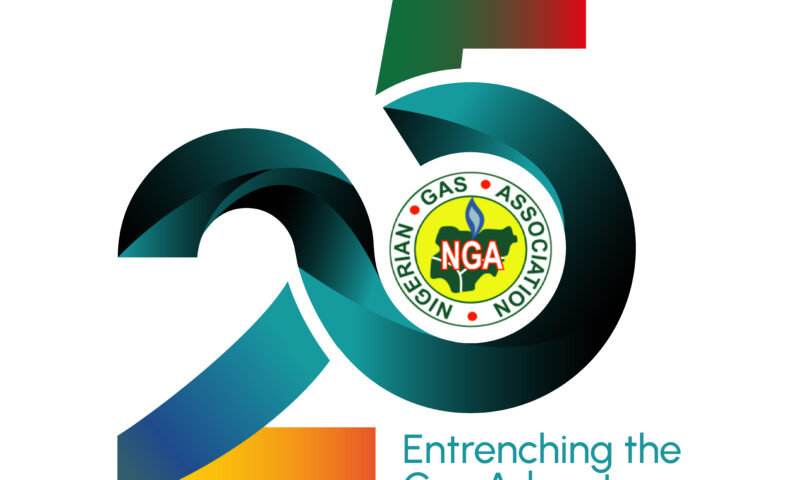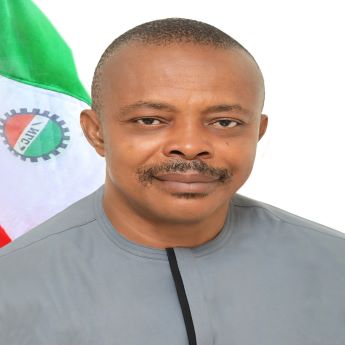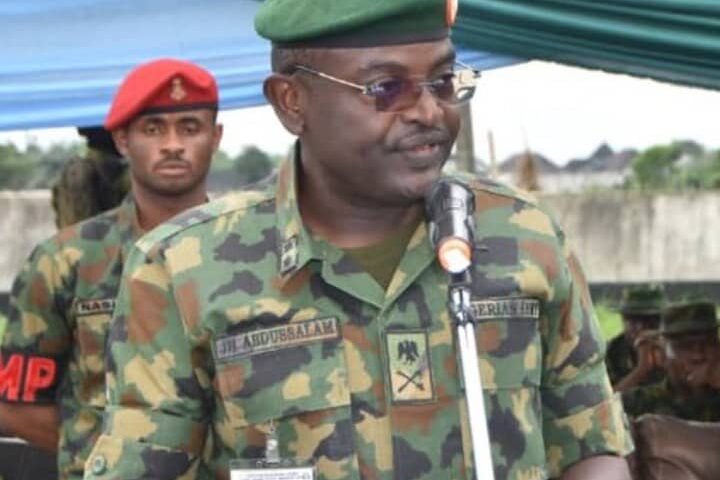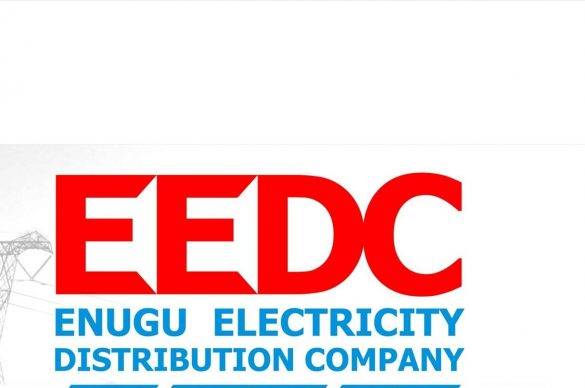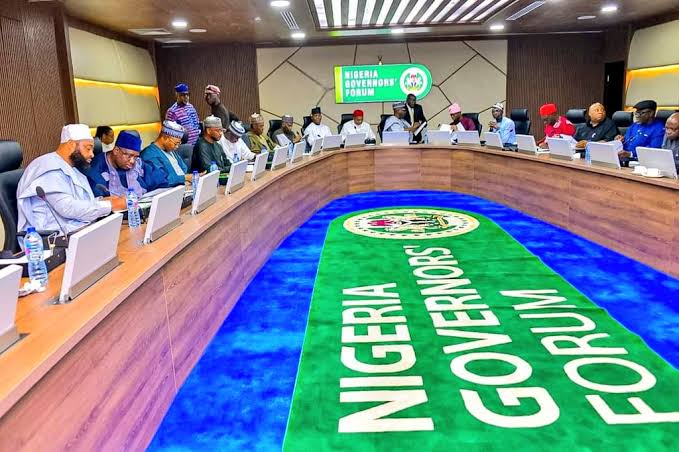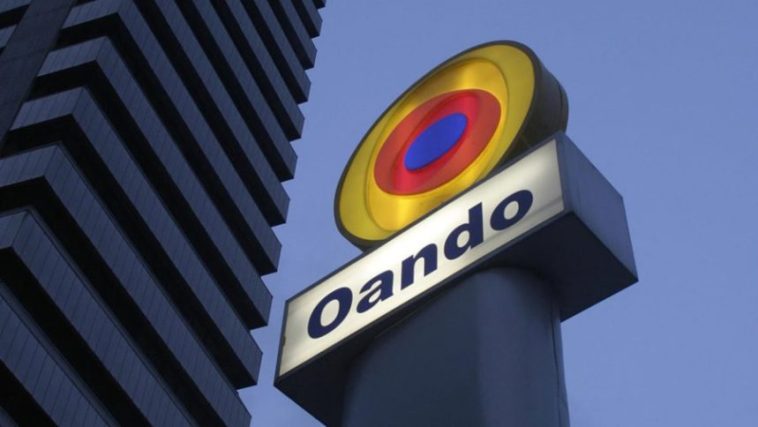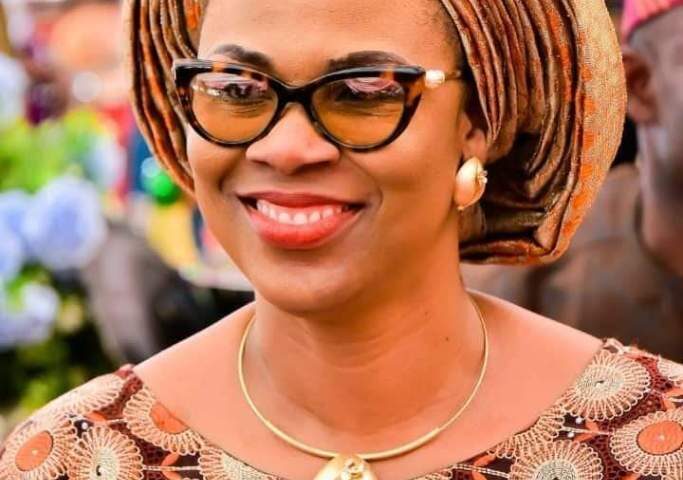NGA Marks Silver Jubilee,Gives Scorecards In Gas Sector
Mohammed Shosanya
The Nigerian Gas Association (NGA), Nigeria’s gas-focused umbrella association and the most notable advocacy platform for gas industry has announced its 25th-anniversary.
The body has been at the forefront of driving progressive advocacy and shaping the landscape of Nigeria’s gas sector.
Speaking on the milestone at a recent media parley, Mr. Akachukwu Nwokedi, President of the NGA said over the past two decades, the NGA has left an indelible mark on the gas industry.
According to him,its influence can be seen in its focused advocacy on, and input into industry-changing gas policies together with its capacity building initiatives driven through its several learning programmes.
These achievements,he said,have reinforced natural gas as a unique resource for Nigeria and demonstrated the NGA’s commitment to creating transformative change across various sectors of the Nigerian economy.
The NGA unveiled a commemorative 25th anniversary logo, which the Association said, symbolizes the core of its advocacy for the adoption of gas as the principal energy resource to drive Nigeria’s economy.
At the heart of the anniversary logo is a spiral, representing the interconnectedness and versatility of the entire gas industry’s value chain. This spiral signifies NGA’s role in fostering collaboration and synergy across various sectors within the industry.
The logo’s colour palette also holds deep meaning. Black symbolises NGA’s resilience and stability, highlighting its ability to navigate macroeconomic challenges and maintain a strong foothold in the industry, while blue reflects the Association’s unwavering professionalism and excellence in setting high standards and driving innovation within the gas sector.
The colour green signifies dedication to promoting environmentally sustainable practices, emphasising the importance of eco-friendly initiatives in the industry’s growth. Yellow represents the gas sector’s optimism in its quest to power Nigeria’s infrastructure and drive economic growth, underscoring its significance in the nation’s development.
The orange hue embodies NGA’s innovative spirit, showcasing its role in fostering progress and development through cutting-edge technologies and solutions.
The red reflects NGA’s courage in advancing and driving transformative progress and growth within the gas industry.
Mr. Nwokedi added: “The unveiling of our 25th-anniversary logo symbolises not just a milestone in our journey but also a renewed commitment to advancing Nigeria’s gas industry,” The logo’s design reflects our values of resilience, excellence, innovation, and environmental sustainability, highlighting our ongoing efforts to drive progress and growth within the sector”.
Founded in 1999 by industry giants including the Nigerian National Petroleum Corporation (NNPC as the Nigerian National Petroleum Limited was then known), The Shell Petroleum Development Company Limited (SPDC), Nigeria LNG Limited (NLNG), Chevron Nigeria Limited, Nigerian Gas Company (NGC), among others, the NGA has evolved into a diverse yet formidable not-for profit organisation.
With over 200 corporate and 3,000 individual members, the Association remains steadfast in its vision to improve the nation’s economy, by unlocking the latent potential in Nigeria’s abundant natural gas reserves.


